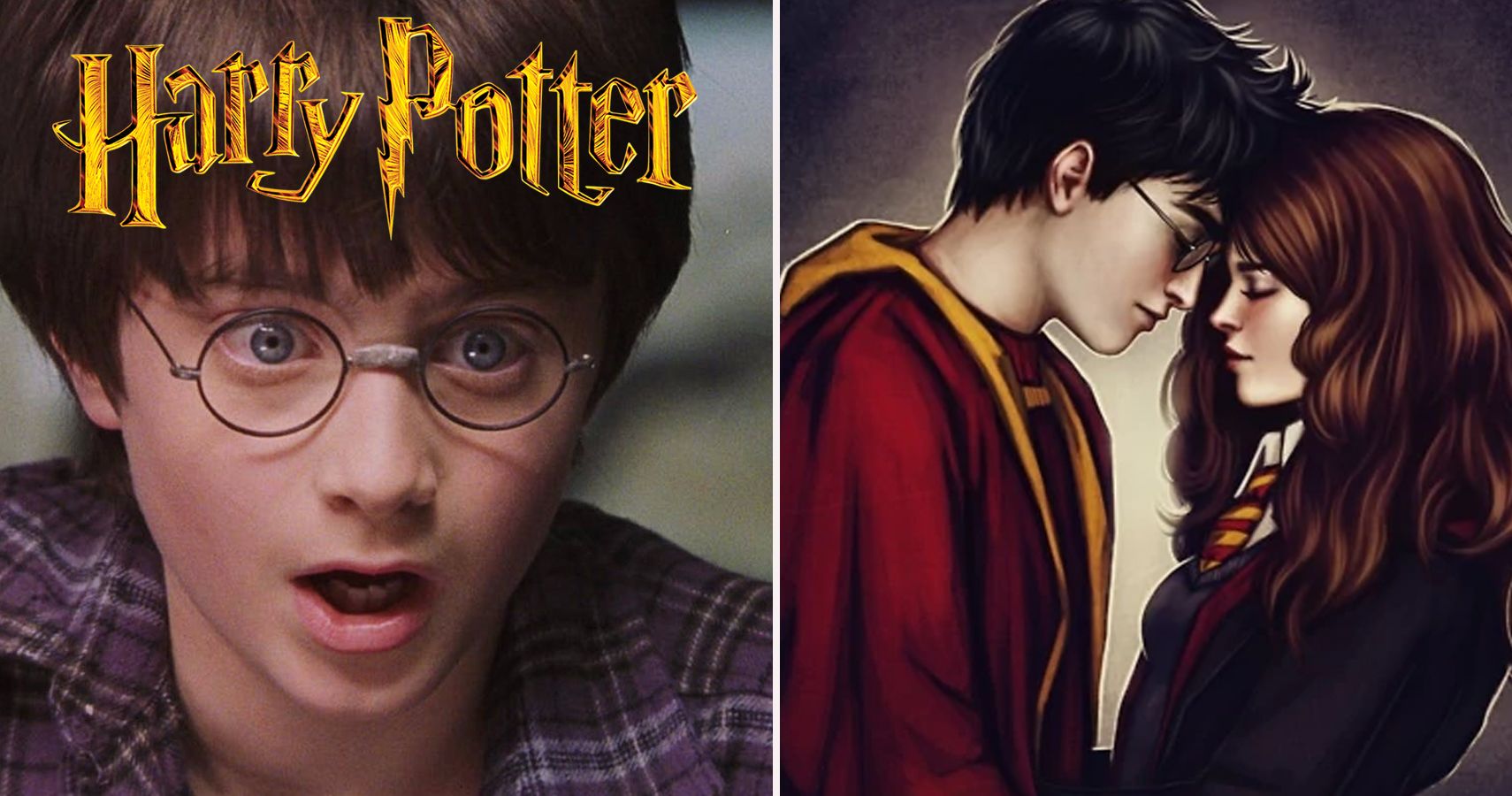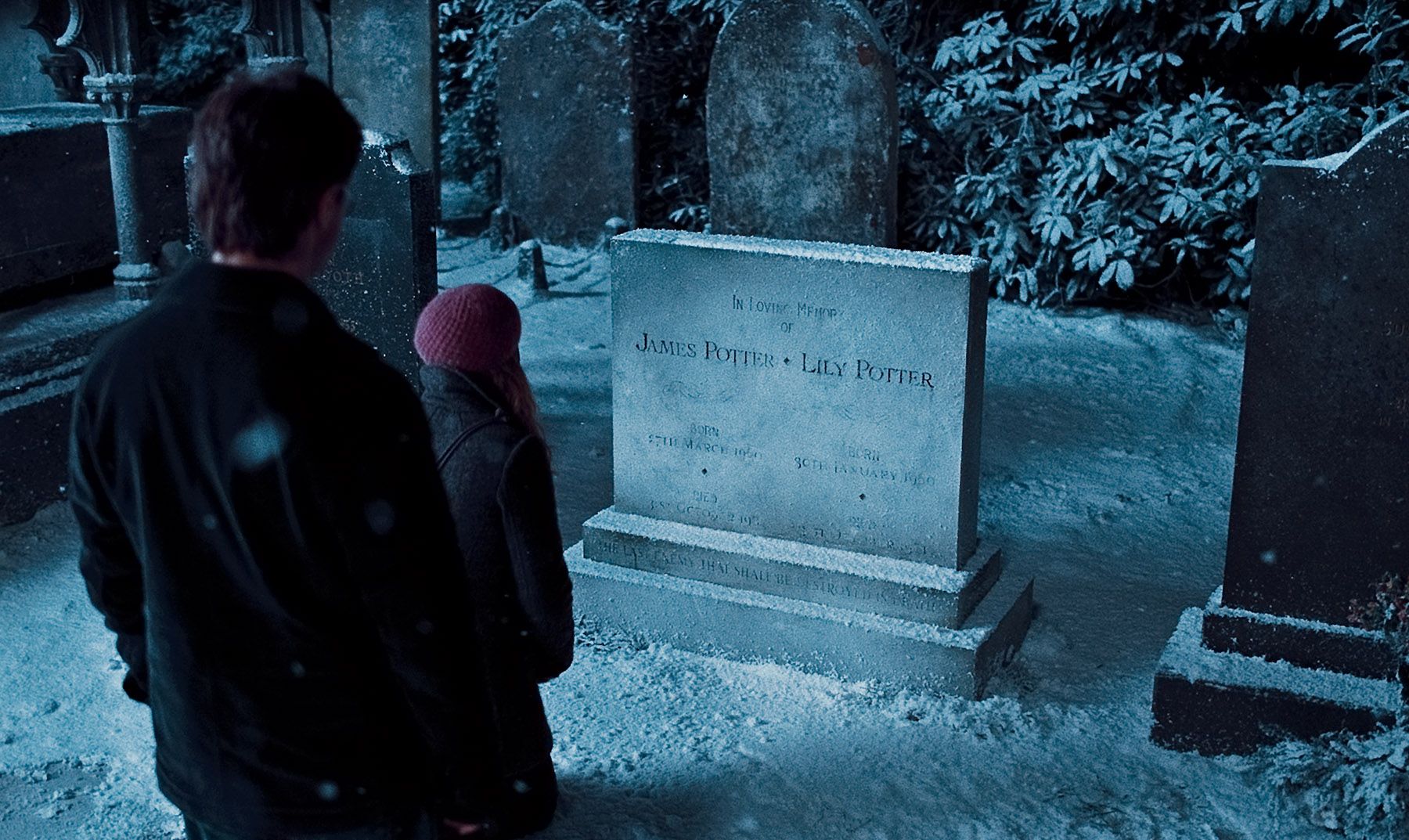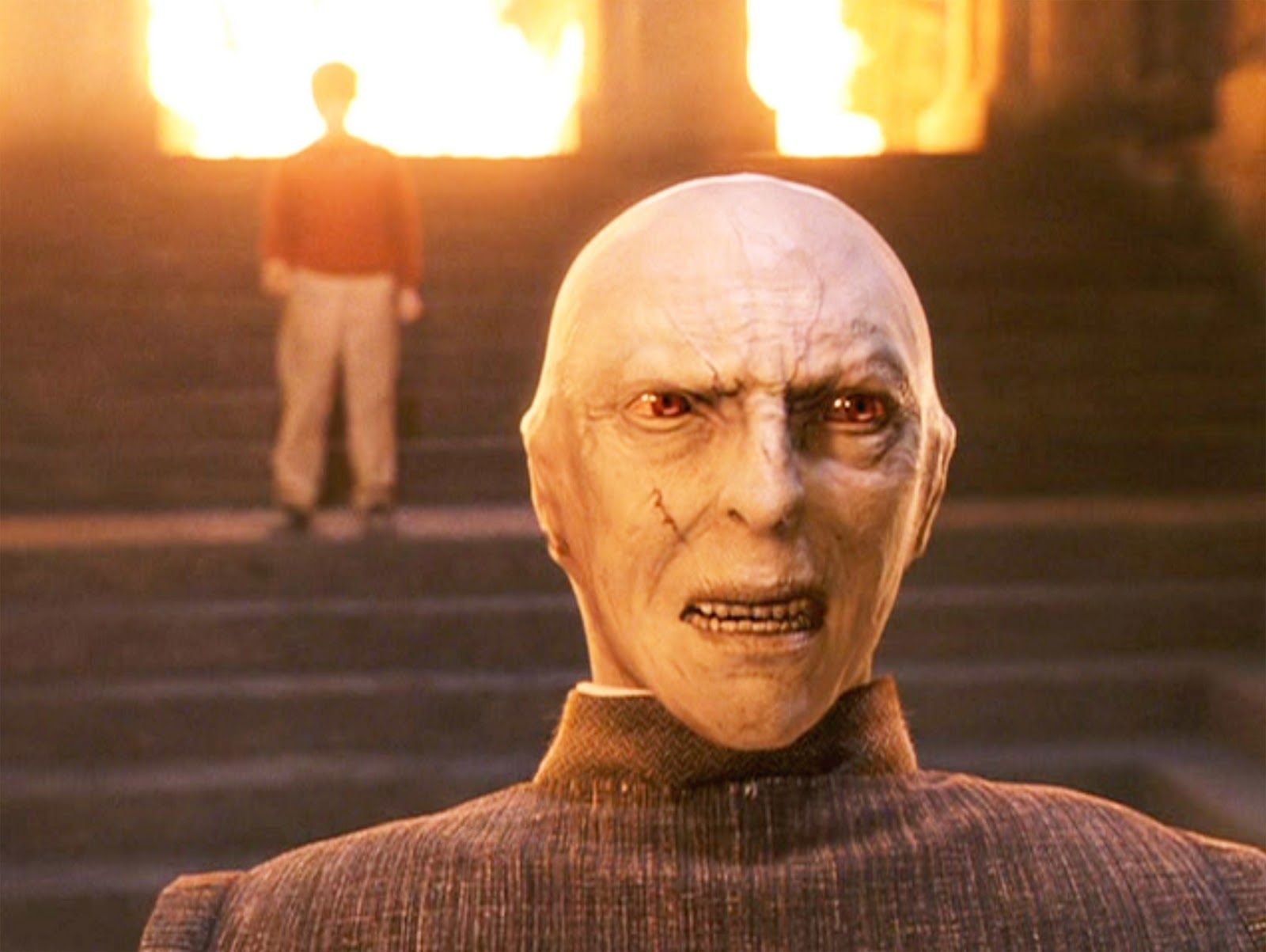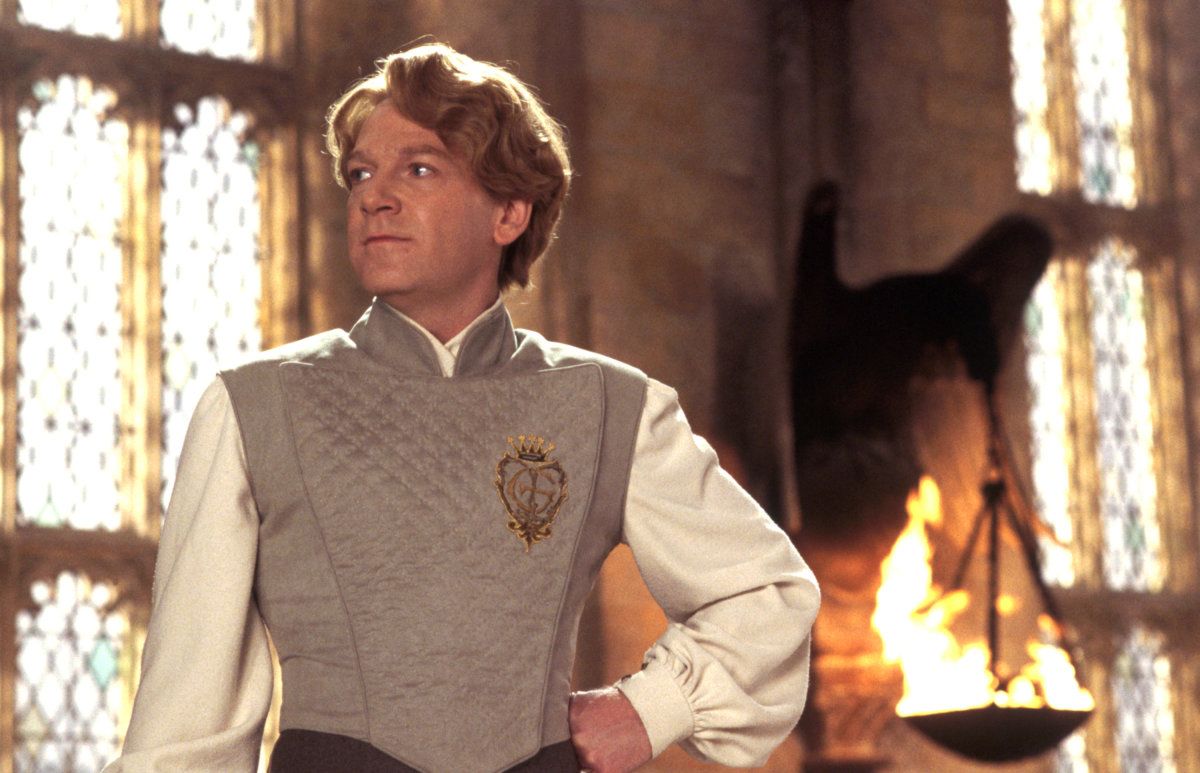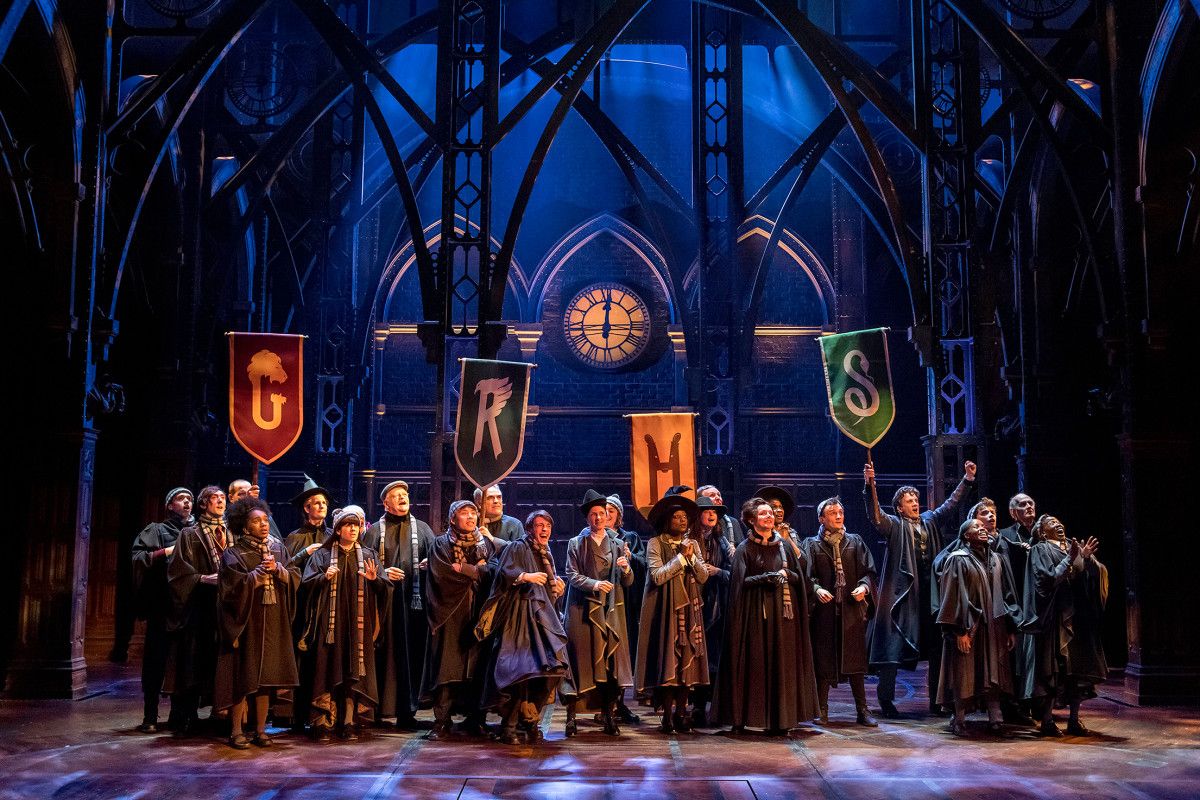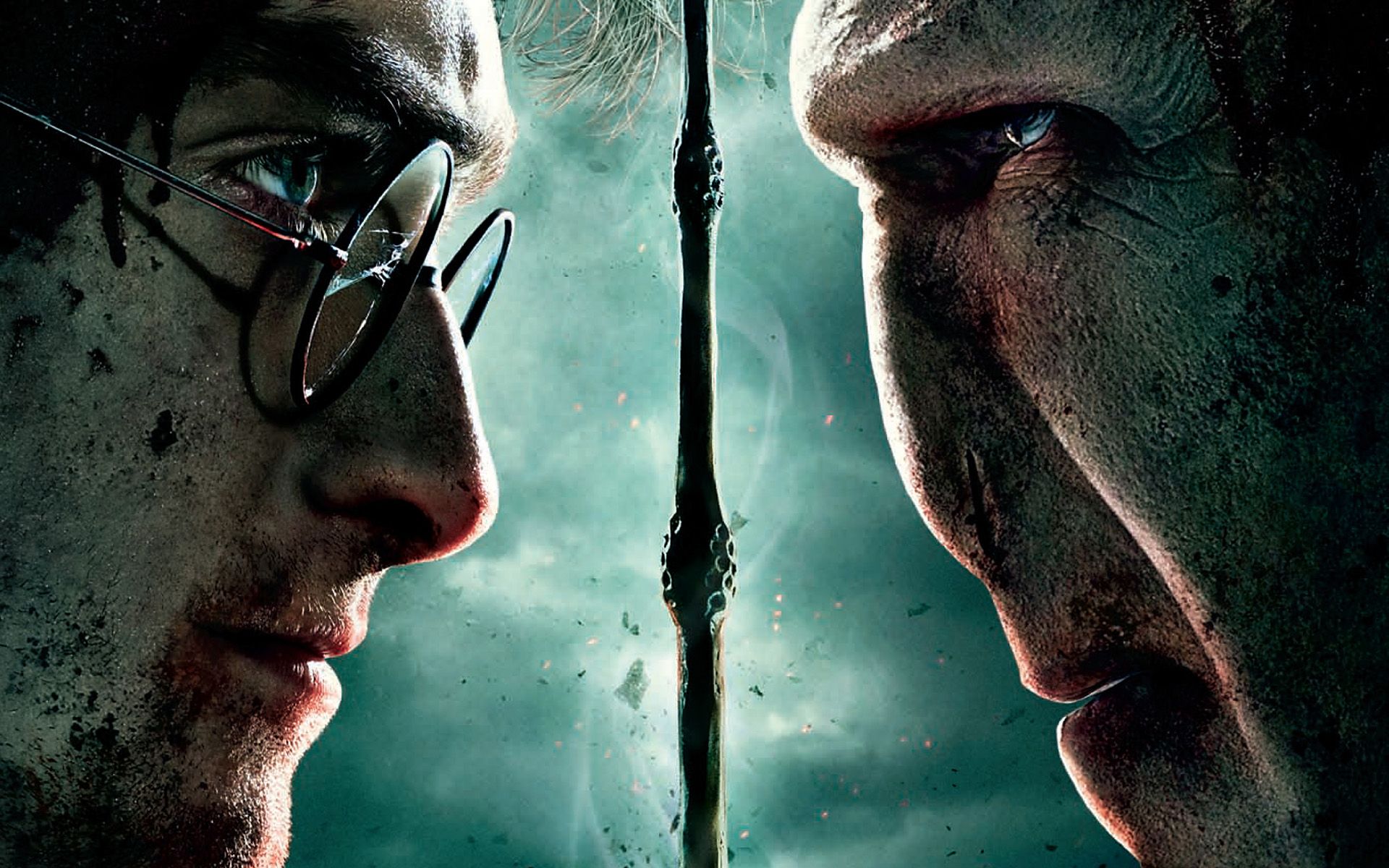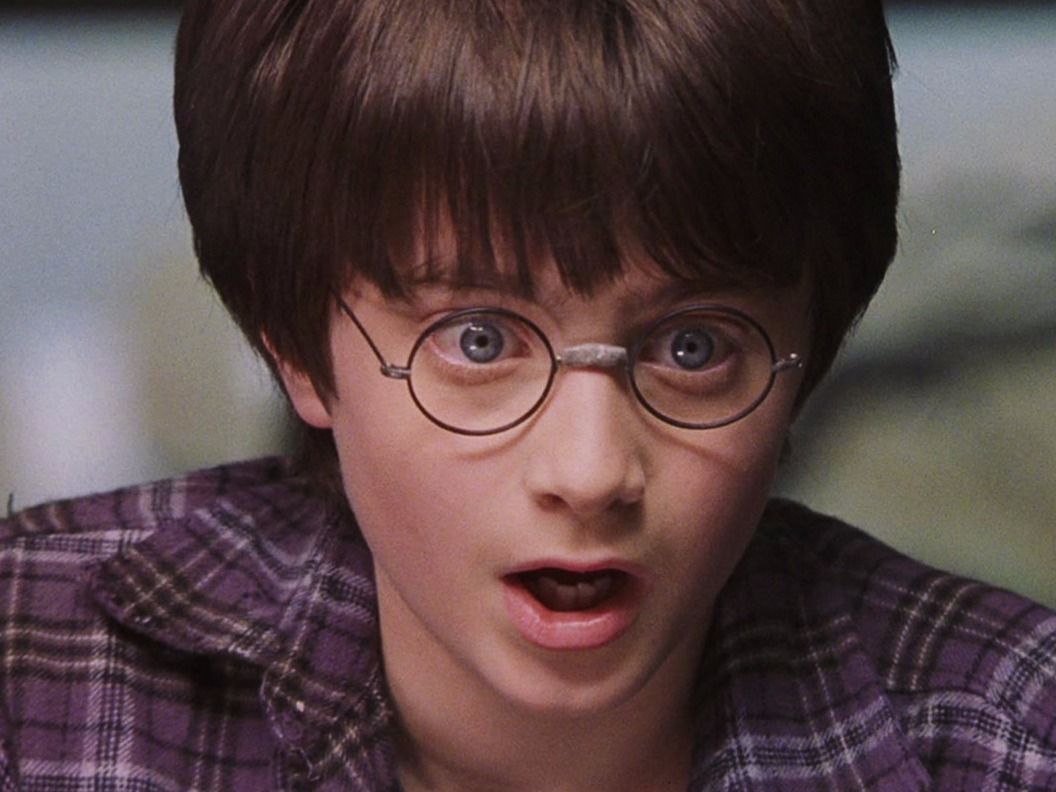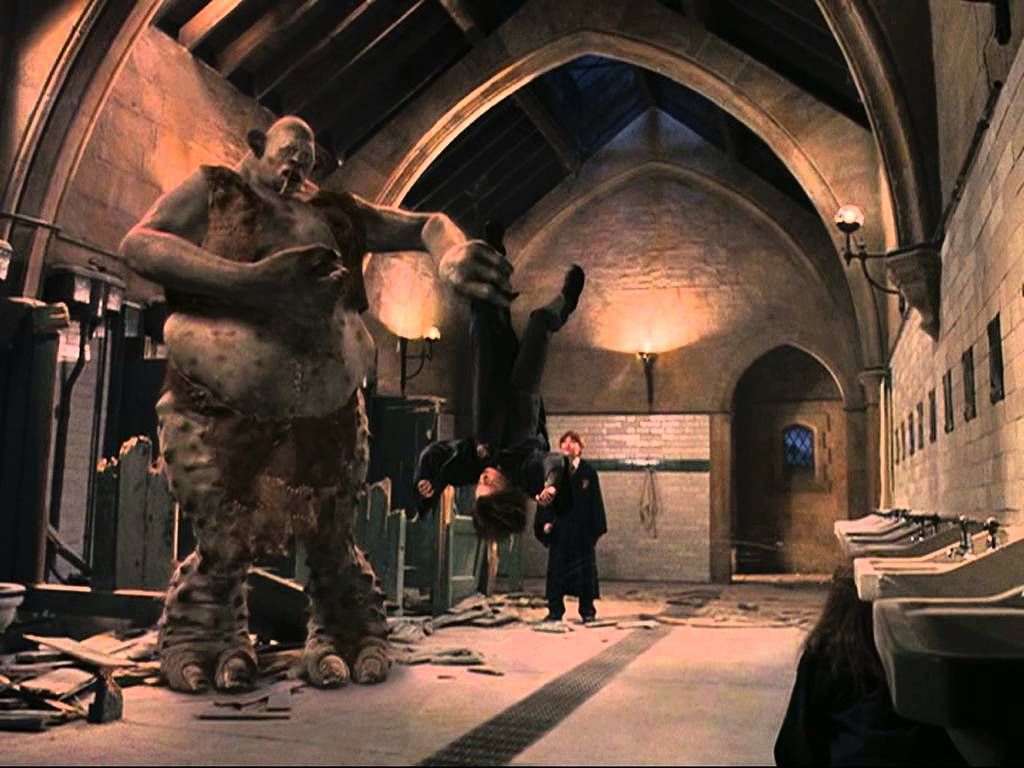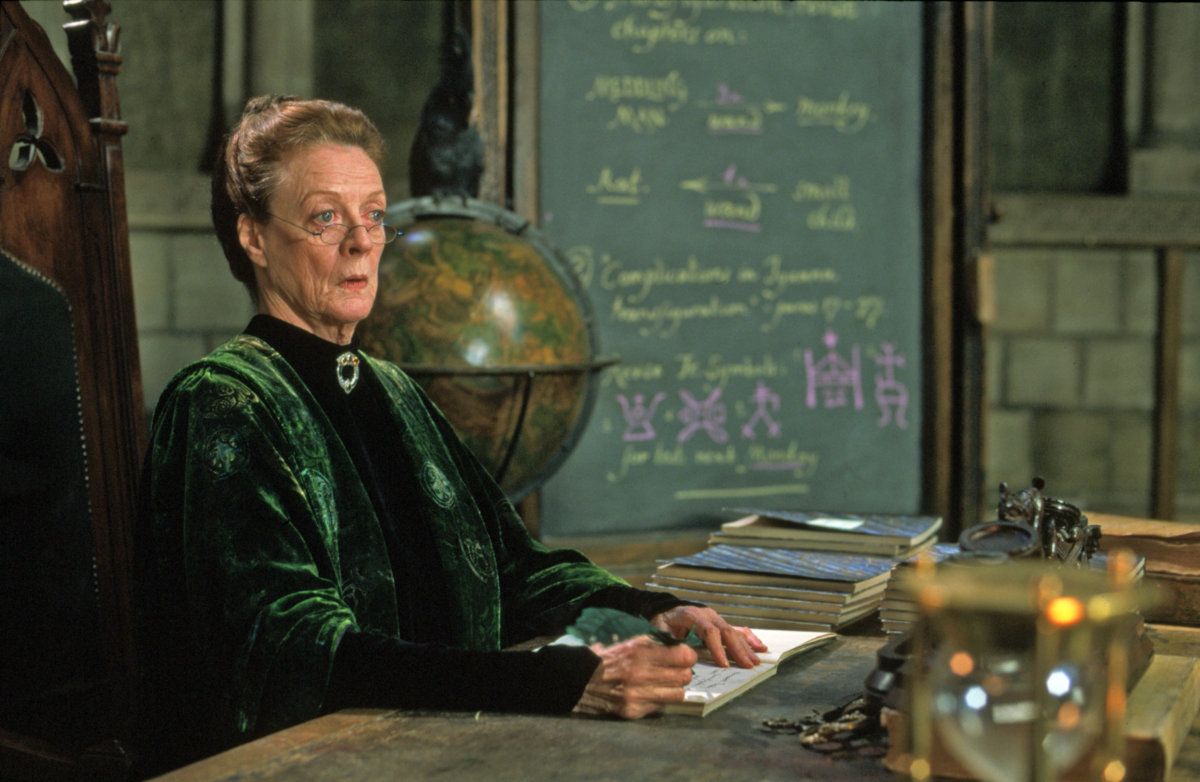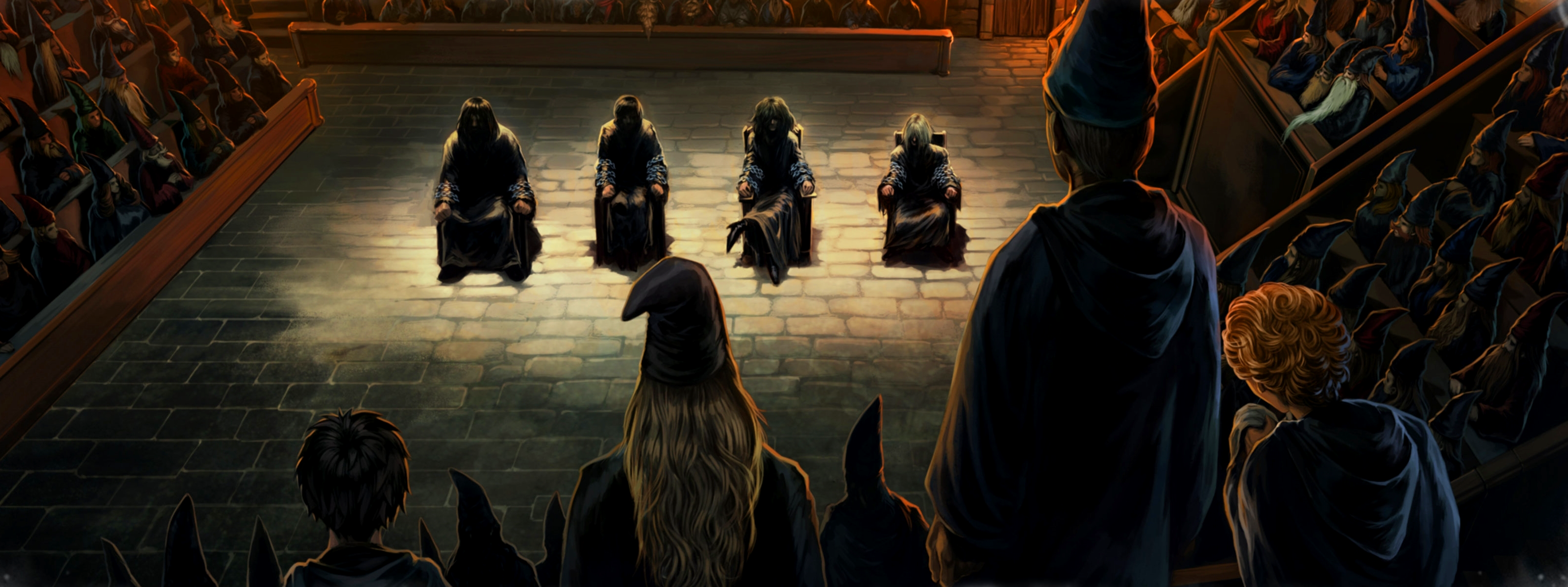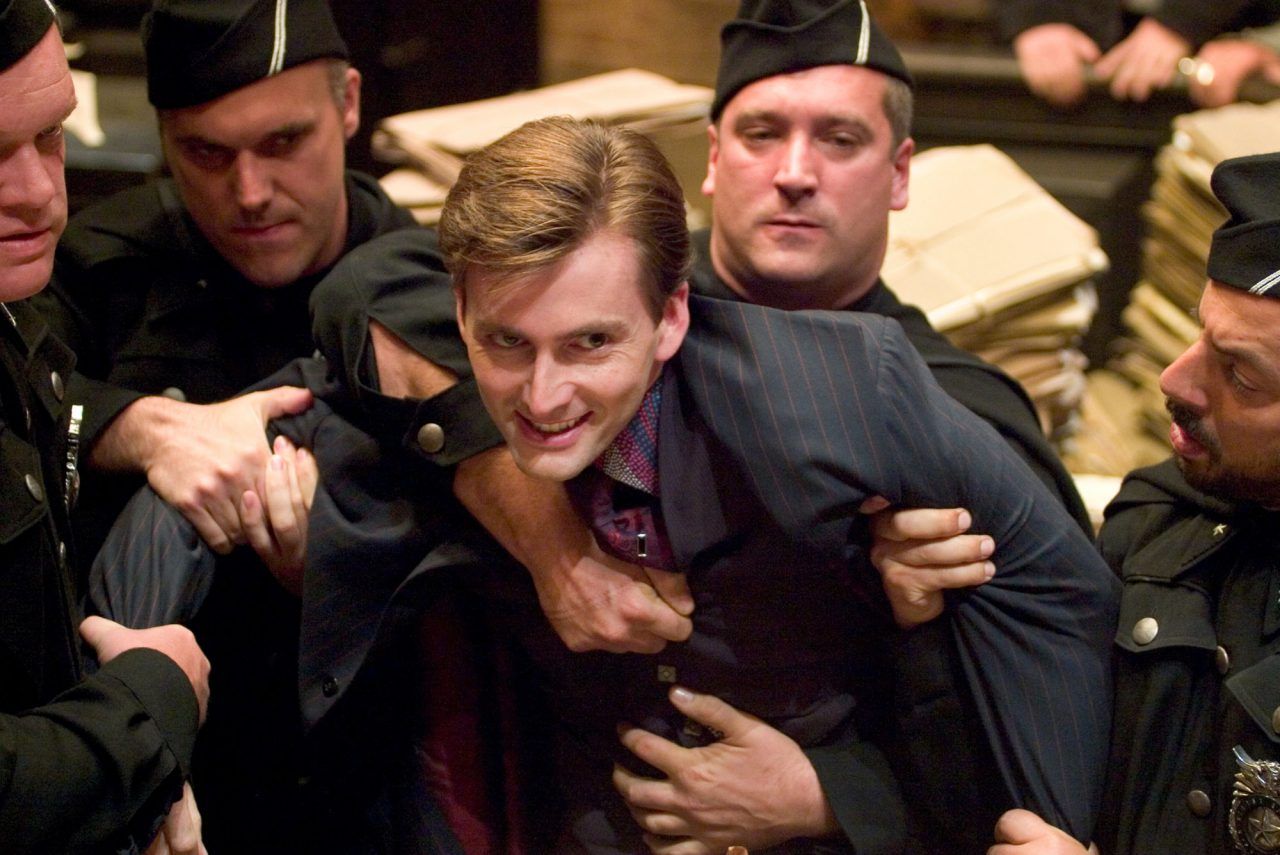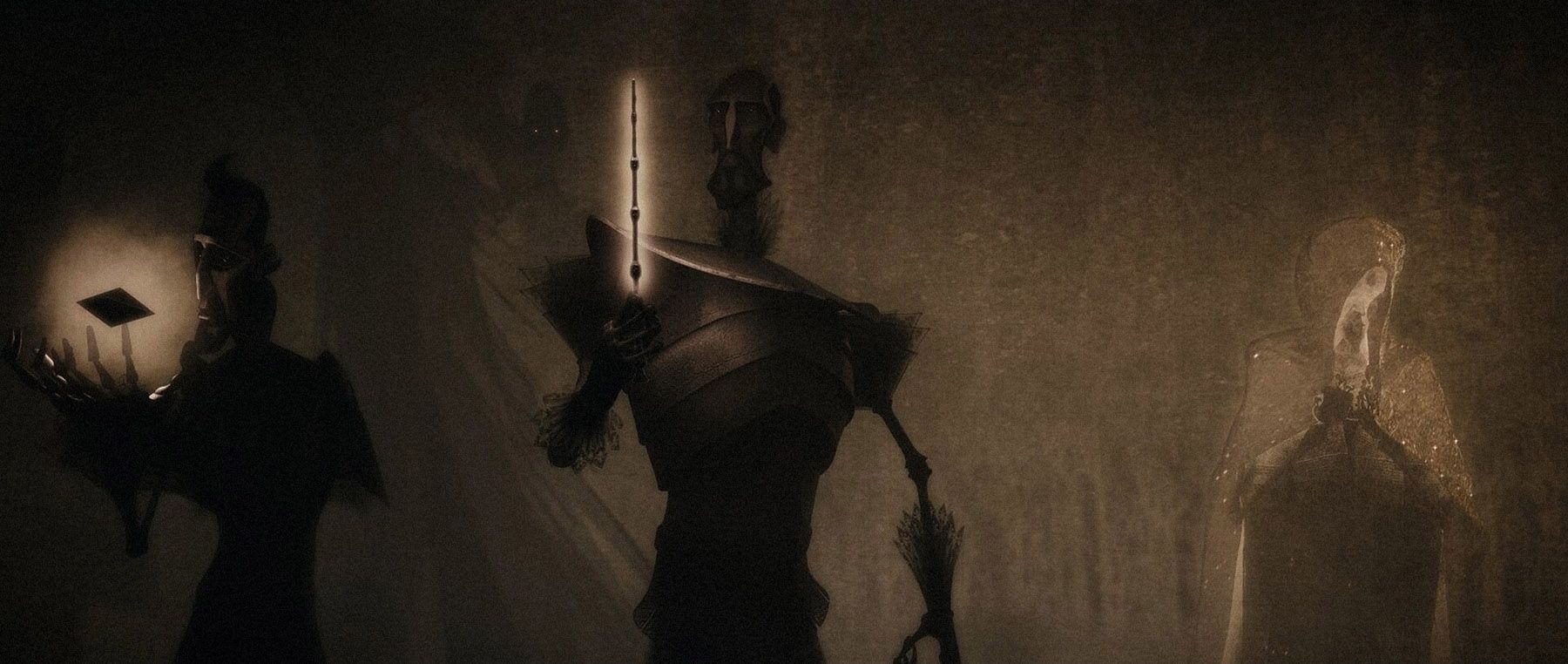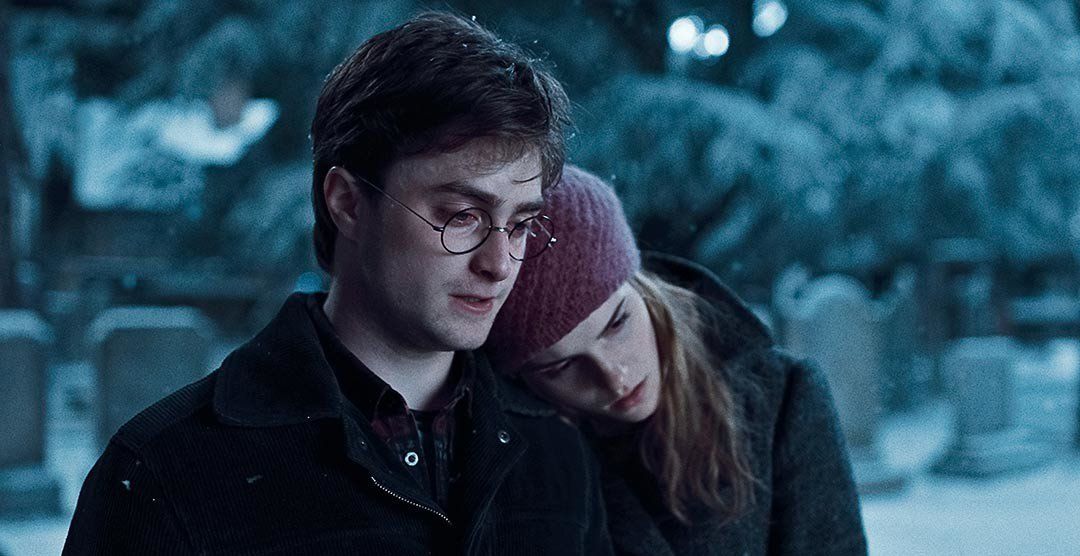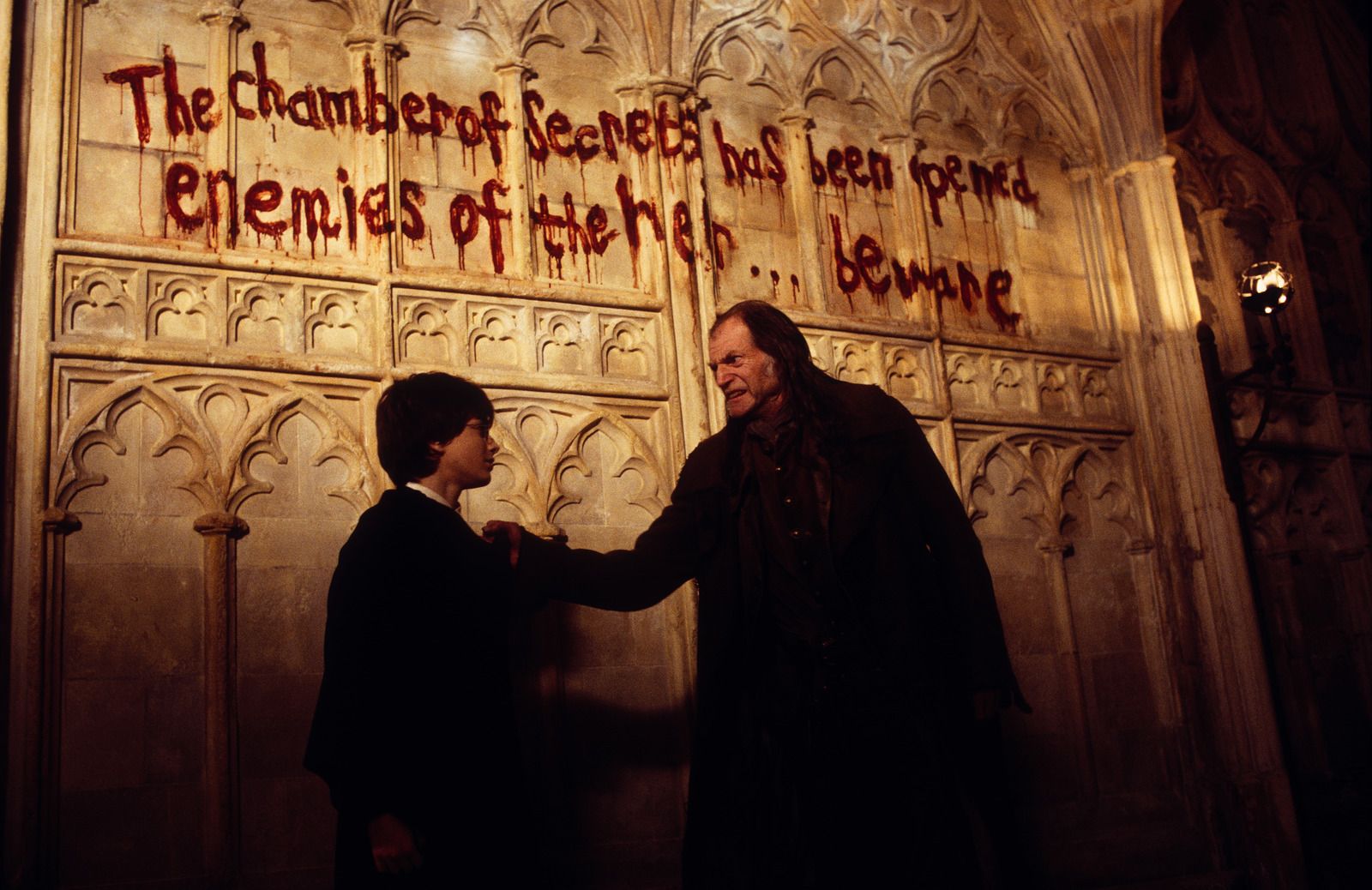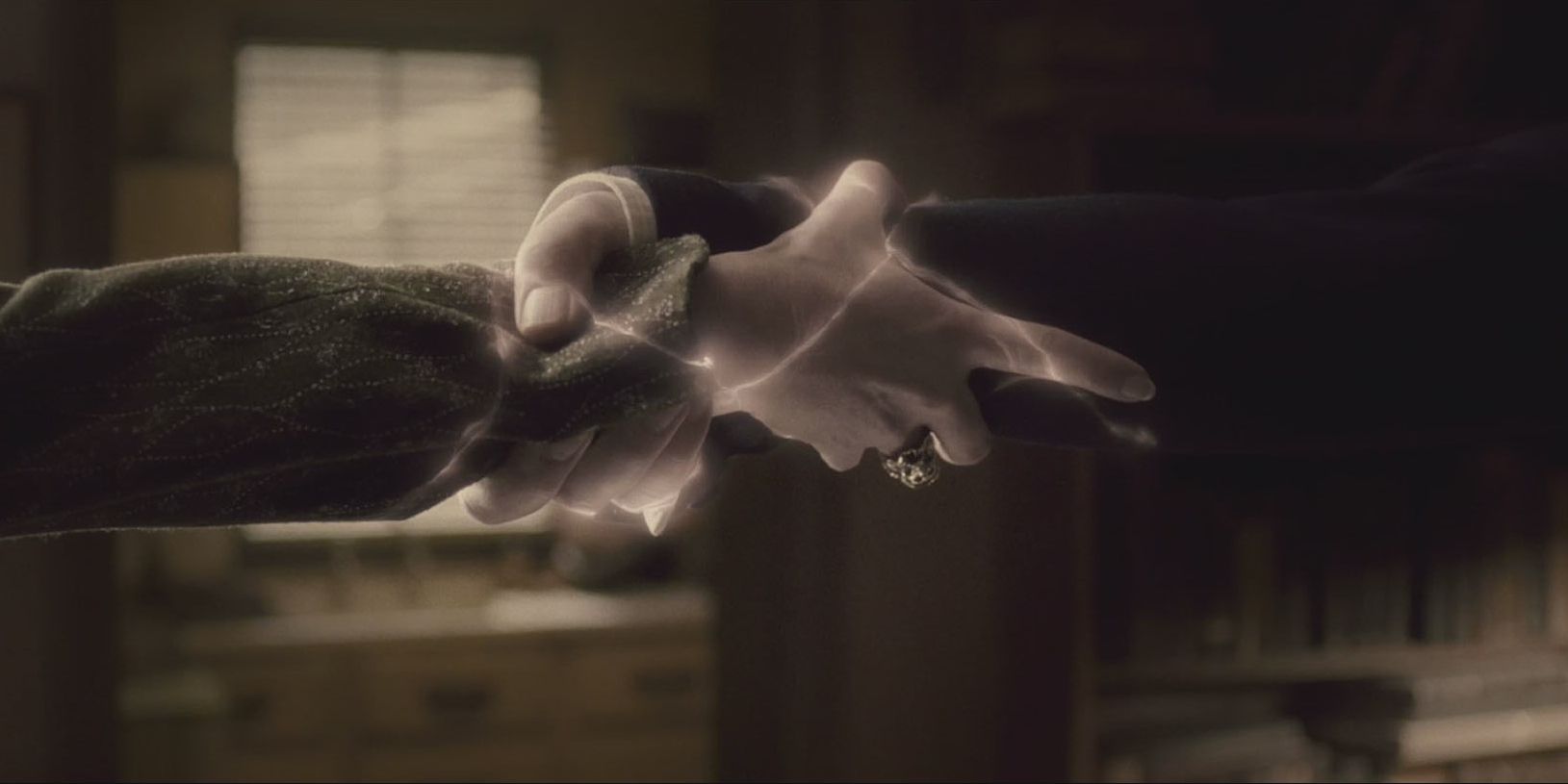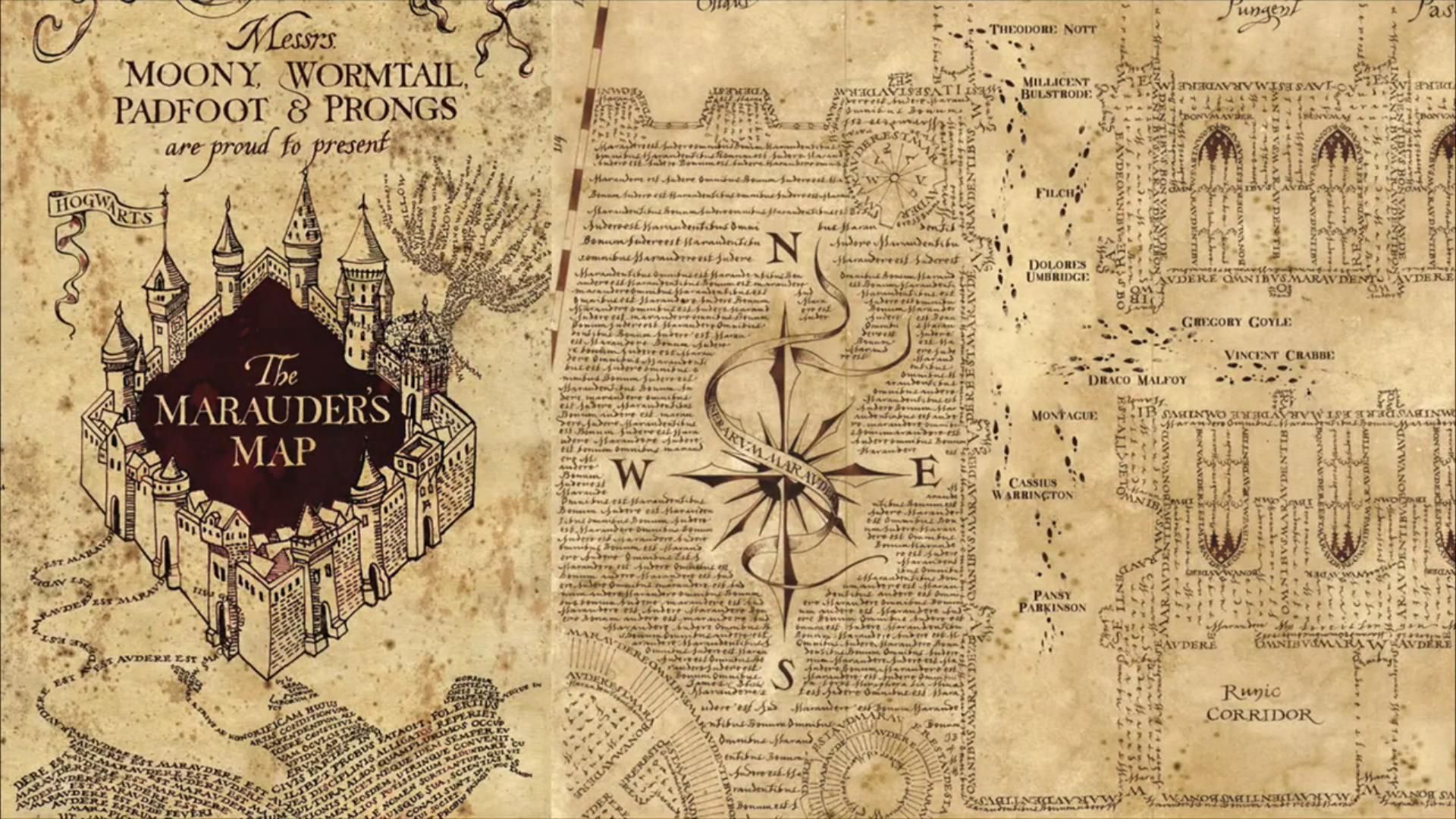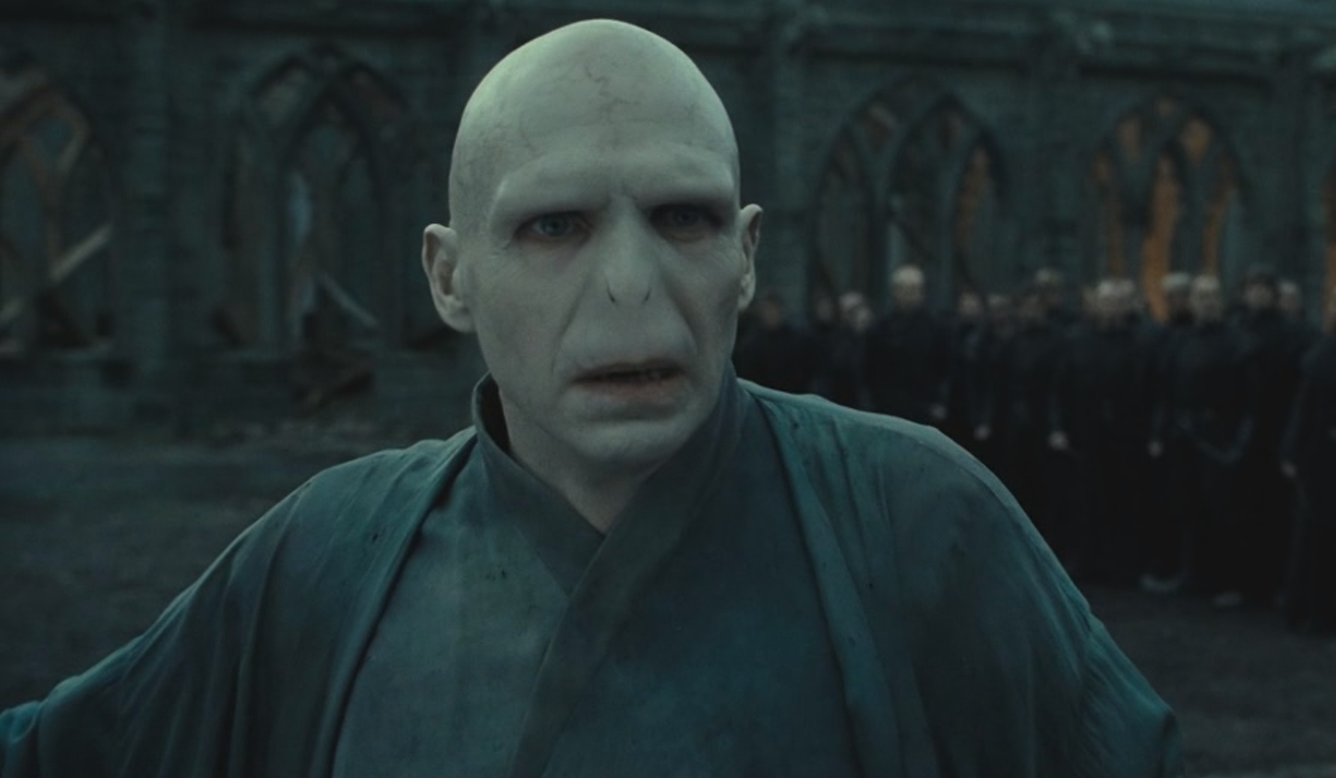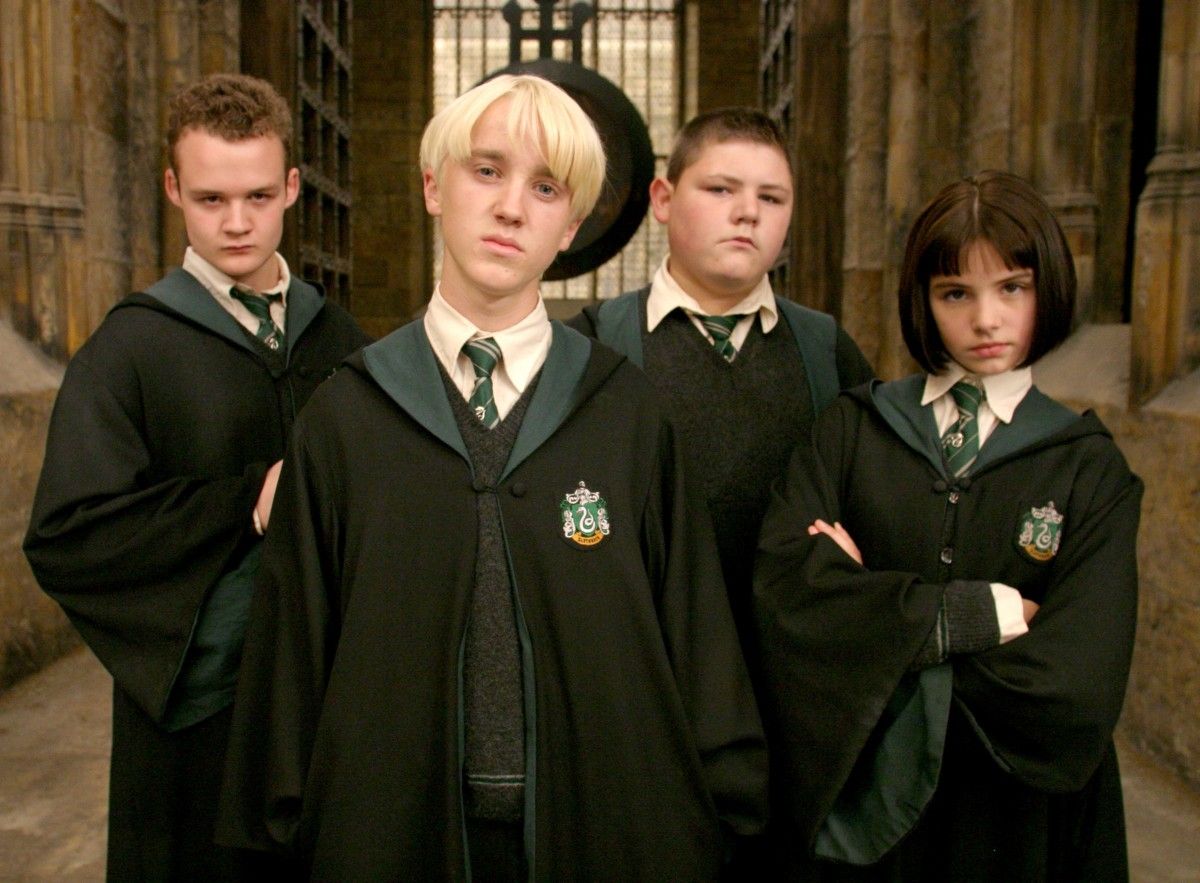In the summer of 1997, Bloomsbury published a 1000 copies of a little-known novel called Harry Potter and the Philosopher's Stone. Written by J.K. Rowling, who was told to not quit her day job, 500 of these books were sent to libraries. For those readers who bought one of these early copies, they are now worth around $20,000. As the months slipped by and word of mouth started to spread, the novel gained traction and picked up a couple of accolades, including the British Book Award for Children's Book of the Year.
Harry Potter might not be the greatest fantasy series ever penned, but it is the most popular. The Hunger Games and Divergent franchises owe a great deal to Rowling's series, as publishers and studios yearned to find their own cash-cow to market towards a teen audience. With seven thick books and eight movies, there are bound to be a few plot holes. Rowling is a great writer, so inconsistencies in the novels tend to be barely noticeable, although some are bigger than others. On the other hand, viewers can fly a Boeing 777-300 through the movies' plot holes.
As circumstances would have it, we happen to have a Boeing 777-300 on standby. Time to take to the skies with 25 major plot holes you missed in Harry Potter.
25 This Whole Mess Could EASILY Have Been Avoided
J.K. Rowling had no clue that Harry Potter would turn into such a massive franchise, so, the earlier books do have their share of 'what, that doesn't make sense' moments. The world-building stabilized later-on in the series, but the entire premise hinges on Peter Pettigrew's betrayal of the Potter family. James and Lily select Peter as their secret keeper, a decision that backfired in spectacular fashion when he turned tail and joined Voldemort.
They should have picked themselves.
The whole point of a secret keeper is they are the only ones who can share that information. Peter and Sirius Black could still be informed, but their tongues would literally be tied. The couple would have been completely safe if they just took on the responsibility themselves. Honestly, this should be standard practice for the Fidelius Charm.
24 What Is The Elixir Of Life To Someone Without A Body?
The first novel's main conflict revolved around Lord Voldemort's struggle to get his hands on the Philosopher's stone. As the Elixir of Life, we have to presume he was planning to regain mortality by using it. Actually, does that really make sense? Voldemort is beyond time or a physical body, so, what would the stone actually do for him? Would it have allowed the big bad to completely take over Quirrell's body? In The Goblet of Fire, he accomplishes his task without requiring the stone, so, it clearly was not all that important or crucial. While it could also create gold, the books largely left the magical stone's properties up to the audience's imagination. Thankfully, Harry stopped Voldemort from carrying out his plan; whatever, it may have been.
23 Chess (For Risk-Takers)
Putting aside the nonsensical finish of The Philosopher's Stone's chess match, a side-effect of cutting the sequences down to a few key moves, this contest is iconic and fun. The idea of playing a massive chess match with Harry, Ron, and Hermione serving as pieces worked well, leading to a great character moment for Weasley. Sure, Harry is the chosen one and Hemione has her book learning, but Ron knows how to play chess.
Sadly, the movie had to be clever.
There is one significant change in the film adaptation. In the book, the children replace the missing pieces; when it comes to the movie, Ron rides the black knight instead. He was free to select any piece and decided against the queen or king, which tend to last longer in a match. The sequence had to end with Ron sacrificing himself, but it would have made more sense if the knight was also missing.
22 Lockhart's Plan Makes No Sense
Gilderoy Lockhart was a fraud. Employing memory charms, the only spells he seemed to understand, Lockhart would find wizards who accomplished great feats and wipe their memories. Once their mind was empty, Lockhart pretended that he was actually the person who accomplished these acts. He published multiple books detailing encounters with a vast array of dark creatures. His plan would have worked if it was not for those meddling wizards and Ron's backfiring wand. Here is the thing, how did it work? He sought out people who accomplished amazing acts; therefore, they were already relatively well know. Did nobody wonder why this Lockhart fellow was taking credit for something he did not do? A memory charm erases the specific event in the target's mind, but history and other people remain unaffected.
21 Cursed Child? More like the Plot Hole Child, Are We Right?
When Harry Potter and the Cursed Child was announced, we were so excited for a new entry to the franchise. Admittedly, our excitement levels dropped off a cliff due to the reveal that the novel was actually a stage play written by Jack Thorne. J.K. Rowling was only involved in the brainstorming section. Still, non-Rowling Harry Potter is better than nothing at all.
Barely.
The Cursed Child is a mixed bag that works better on the stage rather than the page. In terms of continuity, there are more than a handful of head-scratchers. The most egregious involves time travel, as Albus goes back years to try and save Cedric Diggory during the events in The Goblet of Fire. Over the span of two decades, apparently, the wizarding world perfected time travel; increasing the duration from a few hours to around 20 years. Well done, guys!
20 V, As The Personification of Evil - Just Fight Dirty!
Harry and The Dark Lord are polar-opposites. Whether they like it or not, their futures are intertwined. Only one can survive, leading to a couple of dangerous face-offs. Voldy is pretty arrogant and considers Harry to be beneath him, but his life goal is not to defeat an annoying teenager. No, he wants to regain his power and take over the wizarding world. So, why does he give Harry an opportunity to fight back? The Chosen One's weakness is literally starring Lord Voldemort in the face. Just steal his glasses. Honestly, a quick spell and Harry Potter turns from the savior to a bull in a china shop. Those glasses are hardly a fashion accessory, so, just fight dirty. Lord Voldemort has done worse than petty theft.
19 Harry Is Not The Brightest Bulb At Hogwarts
In a desperate situation, people can be forgiven for making rash decisions. Time is of the essence and reason tends to be pushed to the side in favor of emotions. Okay, Harry deserves a bit of leeway, but The Order of the Phoenix was hardly his first encounter with the forces of darkness. By this point, he has enough experience to realize that not everything is always as it seems.
Just kidding!
Throughout the novel and subsequent movie, Harry and Sirius Black conjure a few nifty ways to communicate with each other. They clearly know what they are doing and the duo establishes a positive relationship. Later on, Harry gets word that Sirius is in trouble at the Order and rushes to his rescue. This proved to be a treacherous mistake, as the whole thing was fabricated by Tom Riddle. If only the Chosen One had chosen to contact Sirius via one of their methods of communication.
18 The Gift That Keeps On Giving (Plot Holes)
In the world of Harry Potter, magic revolves around wands. Prior to attending school, each budding wizard is given their own unique spellcaster that matches their needs and personality. Okay, it is not quite that profound, but the general rule of thumb is one wand per wizard. The stick's magic stems from a phoenix feather and a unicorn hair. Ollivanders sells the majority of the wands, but he is kind of a terrible salesman. Unicorn hairs sell for more than an individual wand, ensuring the shop rarely turns a profit. Also, how do escaped Azkaban convicts retrieve their wands? Do they just pop out of thin air as a prize for completing the Azkaban escape level? At one point, Harry greatly increases his power by using multiple wands. Apparently, nobody else thought this use this method, since it only happens the one time.
17 Quirrell Mastered The Art Of Trolling
Quirinus Quirrell was incompetent. To give him the benefit of the doubt, having Lord Voldemort stuck to the back of your head is probably far from the most stabilizing of experiences. Quirrell's goal was to retrieve the Philosopher's stone. One of his devious schemes involved distracting the teachers and students by releasing a troll into the girl's bathroom.
Wait, what?
Bare with us for a second. At the time, the students and teachers were celebrating in the main hall and the stone was unguarded. The only thing the troll accomplished was ensuring that everyone left the hall and spread throughout the entire castle. Also, the distraction lasted for a couple of seconds before a first-year student defeated the troll. When it comes to Quirrell, Lord Voldemort was scraping the bottom of the barrel.
16 Reading Is For Chumps (And Muggles)
Despite their vast magical resources, Harry Potter's wizarding community really seems to be stuck in the stone-age. There is a shocking reluctance to embrace anything originating from a muggle community. Hermione and other Muggle-borns are shunned by society, while wizards try to avoid interacting with non-magical types. Apparently, this extends to their educational system, as Hogwarts does not seem to teach any basic skills like maths or writing. Wizards attend school from age eleven, therefore, we have to assume reading and writing are home-schooled. While wizards might attend a normal school prior to that age, we doubt many families would risk accidentally exposing the world to magic. If a child's parents do not take the time to teach them how to read, they are destined for a lifetime of illiteracy.
15 G-G-G-G-GHOST!!
Harry Potter and the Prisoner of Azkaban is a great book and, possibly, the best of the franchise. The film adaptation was the first to garner near-universal praise from critics, leading to a 91% on Rotten Tomatoes. The plot was riveting and introduced two fan-favorite characters in Remus Lupin and Sirius Black. The former suffered from lycanthropy and transformed into a werewolf whenever there was a full moon. In order to avoid harming any of the other students, Lupin would spend an evening in the Shrieking Shack. After Dumbledore spread a rumor that it is haunted, people started to avoid the house.
Wait, why would a wizard be afraid of ghosts?
Hogwarts is literally crawling with ghosts and ghouls; so, we doubt many wizards would suddenly be terrified of a haunted house. This is the type of thing that works in the real world but would be less effective in Harry Potter's universe.
14 Trial Of Error
In The Prisoner of Azkaban, Professor Cuthbert Binns assigns his students an essay entitled Witch Burning in the Fourteenth Century Was Completely Pointless. From a real-world perspective, this makes little to no sense. The witchcraft trials did not become a huge thing until the 16th century, although there were isolated incidents prior to that time period. This is an issue that is pretty common with Harry Potter, as it is not clear whether the non-wizarding world's history follows our own or not. The little parts shown throughout the books and movies suggest that the Muggle side of things is really similar to our own; so, there is little evidence that the witchcraft trials' timeline is different in Rowling's universe.
13 A PolyJuice Potion Lasts Only For One Hour
Harry Potter and the Goblet of Fire's main villain is Doctor Who. David Tennant's Barty Crouch slithers his way into Hogwarts by pretending to be Alastor Moody, the new Defence Against the Dark Arts teacher. In order to accomplish his task, Crouch transforms into Moody by drinking a Polyjuice Potion. The spell lasts for only ONE hour.
Crouch was dedicated to the cause.
Did Tennant wake up multiple times a night to drink the potion? While it is unlikely that anyone would enter his room during, was he really prepared to take that risk? With the tournament taking place, Hogwarts' security was on high alert, and that is what even mentioning all the ghosts. Throughout the year, Crouch was never delayed in class or caught off-guard? His con lasted for an incredibly long time.
12 Throwing Harry A Bone
With the Second Wizarding War looming, there was no way that Rowling could avoid a direct confrontation between Harry and Lord Voldemort. There was just one problem, the former could not hold a candle to the latter. Harry was not even the best wizard out of the main group, and he would need quite an upgrade in power to survive a head-on collision against Voldemort. While the Horcrux helped weaken the Dark Lord, the Deathly Hallows were practically three Deux Ex-Machina introduced merely to give Harry a fighting chance. They are introduced towards the end of the franchise and seemed to exist just to provide a quick boost to the Chosen One's power level.
11 The Food (Non) Issue
Harry Potter and the Deathly Hallows must have been a daunting task to write. As the final book in the franchise, Rowling needed to find a way to up the tension while tieing up any loose ends. For the most part, she accomplished her task admirably; saying that, from time to time, the characters act like idiots. A major plot point involves the trio hiding away in the wilderness and struggling to find food. With their bellies empty and their minds racing, Ron leaves the group in a fit of rage. If only they had something to quench their hunger.
We know! How about using magic?
For some strange reason, Hermione completely forgets that a quick spell would be enough to conjure up a bit of food. Creating food out of nothing would not be possible, but they could easily increase their limited supply or even summon food from somewhere. To be completely fair, we can barely think straight when hungry.
10 Wasting Time
Tom Riddle's plan in The Chamber of Secrets is way more complicated than it needs to be. In layman's term, Lord Voldemort wants to draw Harry Potter into the Chamber of Secrets so the Basilisk can do its thing and turn the Chosen One into the Petrified One. Okay, fair enough, just throw out a few hints and Harry should be in the Chamber by the end of the first month. Instead of going right for the slamdunk, Riddle wastes time by manipulating Ginny Weasley, who opens the Chamber of Secrets. Harry, Ron, and Hermione end up going to the Chamber to rescue the girl, but Harry was already interested in exploring it. There was really no need to dedicate so much time to Ginny Weasley when Riddle's goal was Harry.
9 The Impossible Vow
The Unbreakable Vow is a powerful spell that creates a bond between two wizards. If either were to betray the other, they would pay the highest price. Suffice to say, it is a pretty serious oath. In a throwaway gag, Ron mentions how Fred and George almost tricked him into accepting the vow when he was only seven and they were nine. Thankfully, Arthur stopped them before it could be completed. So, what is the problem? Well, the spell requires a wand. Children get their first wand at age 11.
The math does not add up.
How were Fred and George capable of casting the spell? Ron mentions that his father got really angry, therefore, they were close to pulling it off. Did Fred and George steal their parent's wand? If that were the case, Arthur and Molly are rather negligent. Wands are not toys!
8 The Maurader's Map Dropped The Ball
When it comes to plot holes, this ranks among the top tier and exists in the books and movies. Peter Pettigrew masquerades as Ron's pet rat Scabbers before his true identity is revealed in Harry Potter and the Prisoner of Azkaban. It is a big plot twist that is undermined by the Maurader's Map, a magical item that shows everyone's true identity in Hogwarts.
Yes, including wizards masked with Polyjuice Potions.
Prior to Harry getting his hands on it, this map was used countless times by Fred and George Weasley, who somehow never noticed that Scabbers' real name is Peter. The Weasley family is intimately familiar with Potter's backstory and should have noticed this information. Hey, at least, we got a cool twist out of this plot hole.
7 The Dilemma Of An Arc
For an evil genius known for his strength and cunning, Mr. Voldemort seems to be stuck in a routine. Like clockwork, he always waits until the end of the school year to try and carry out his master plan. Why not sneak into Hogwarts during the summer or the first semester? Surely, Voldemort wants to regain his power as quickly as possible; so, there is nothing beneficial about waiting. From a storytelling perspective, the climax has to be set at the end of the book, but the novels stick too closely to the same formula. It is almost like a whole year has to pass to allow Harry and friends the opportunity to learn a couple of new tricks and spells. No wonder Lord Voldemort's plans never work out, he is simply too accommodating.
6 Favoritism In Hogwarts
Why does Hogwarts continue to allow students to join Slytherin? When it comes to forging evil wizards capable of ruining the world, the house has a dismissal track record. Admittedly, one such pupil is more than enough to tarnish Slytherin's reputation but Hagrid even tells Harry that all bad wizards are placed in Slytherin. Wait, hold up a second!
Hagrid, are you sure about that?
Slytherin might have received more than its fair share of bad apples, but the Azkaban bound Sirius Black was from Gryffindor. While he turned out to be innocent, Peter Pettigrew was placed in the same house and nobody is going to defend that rat. At a certain point, joining Slytherin is more of a self-fulfilling prophecy than an active decision to turn evil.

